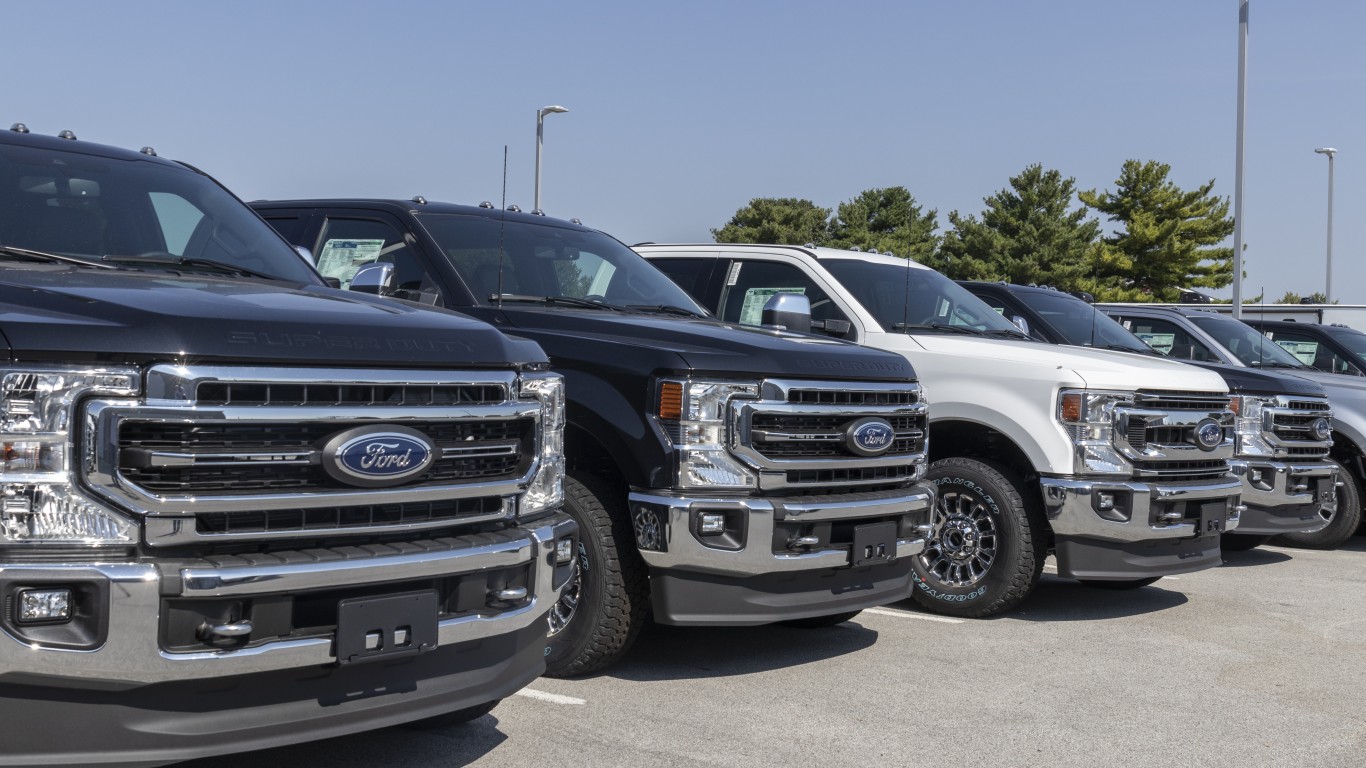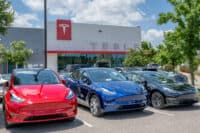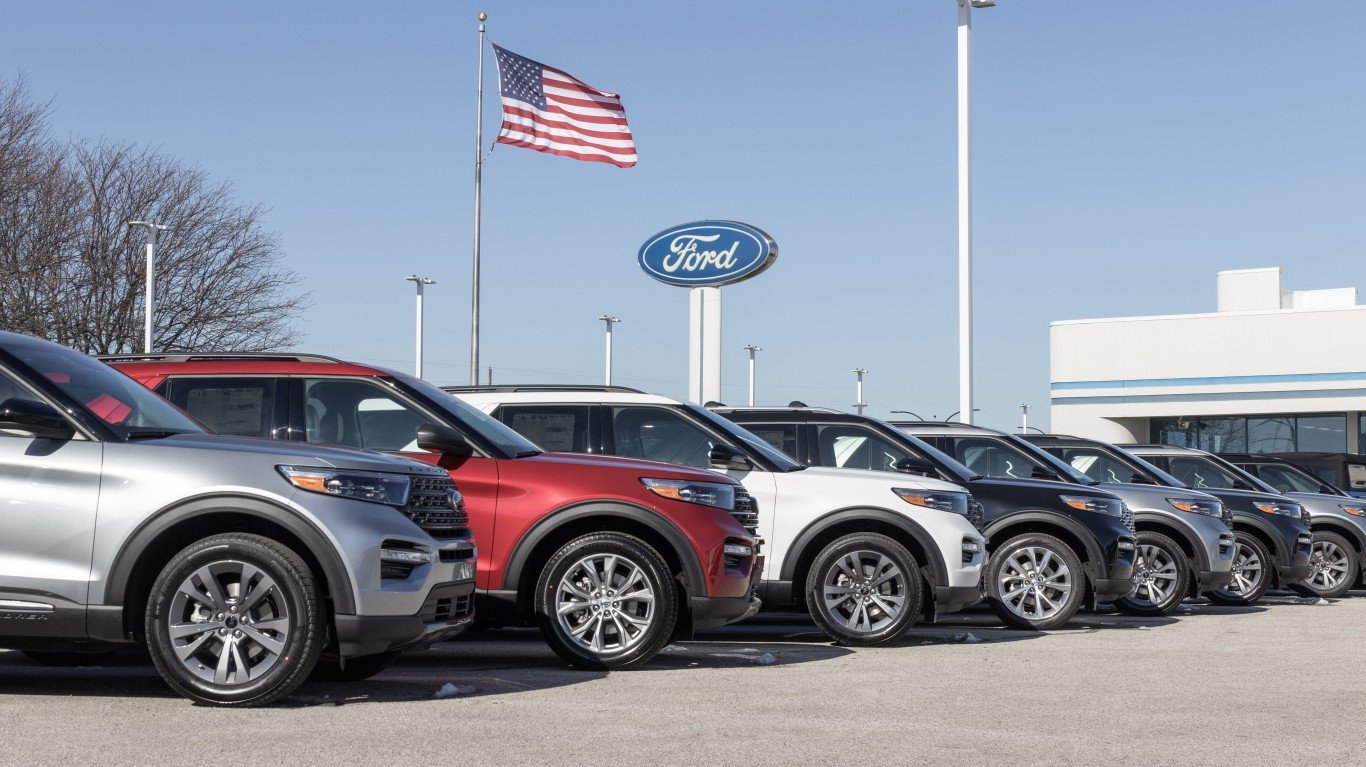 General Motors (NYSE: GM) has been in the news this week for two reasons. One is presidential candidate Mitt Romney’s views about whether the government should have bailed out the car maker. The other is questions over whether GM should sell its Opel unit, which continues to lose money. The Opel problems pit GM against powerful labor forces, and perhaps even governments in the EU. Romney’s view is a matter of revisiting something that happened three years ago. The Opel decision is not. It raises the question of whether any global car company can prosper without large divisions in North America, Asia and Europe. In fact, no manufacturer can afford to abandon any of the regions.
General Motors (NYSE: GM) has been in the news this week for two reasons. One is presidential candidate Mitt Romney’s views about whether the government should have bailed out the car maker. The other is questions over whether GM should sell its Opel unit, which continues to lose money. The Opel problems pit GM against powerful labor forces, and perhaps even governments in the EU. Romney’s view is a matter of revisiting something that happened three years ago. The Opel decision is not. It raises the question of whether any global car company can prosper without large divisions in North America, Asia and Europe. In fact, no manufacturer can afford to abandon any of the regions.
Experts and the media have argued that because GM lost $580 million at Opel in the first three quarters of last year it is an unnecessary drag on profits. Opel has less than 8% of the market in Europe. That, opponents of GM continuing to hold Opel, is not enough to produce a sustainable profit, unless GM can make massive cuts. And auto worker unions could effectively hurt Opel, either through asserting their legal rights under current contracts or through labor strikes that could cost Opel revenue.
There have been rumors that Opel is for sale. Some car company analysts claim that no sane management at any potential buyer would take on Opel’s problems. GM has made a gesture toward holding on to Opel. It has sent its vice chairman, Stephen J. Girsky, to preside over a restructuring. That could take years of job cuts and plant closures.
The most obvious parallel with GM’s European problems are those of Volkswagen in the U.S. VW is now the second largest car company in the world, sandwiched between GM and Toyota (NYSE: TM). Its Achilles’ heel, as it tries to move ahead of its two rivals, is that it has less than 3% of the American market, the world’s second largest. VW has significant market share on its home continent and in China. It abandoned the U.S. decades ago, though, after sales of its popular Beetle began to sag. The cost of gaining substantial market share back in America will be unusually expensive. It must battle the Big Three, Japanese and South Korean companies, and luxury models from Europe.
GM should look to Ford (NYSE: F) has a model, even if matching that model may be years away. Ford occasionally has lost money in the region, but its 10-Q shows sharp revenue growth from $6.2 billion in the third quarter of 2010 to $7.8 billion in its most recently recorded third quarter. Ford’s total global auto revenue in the recent quarter was $31.1 billion. European sales are 25% of all of its sales.
GM critics expect the company to do something to rid itself of the Opel unit, even if locating a buyer is hard. A restructuring of Opel could take several years. But GM went through several years of restructuring in the U.S., aided by Chapter 11, on a road to substantial profits. GM can do what rival VW has been unable to, which is to eventually create a strong three-legged stool of sales in North America, Asia and Europe. Rome was not built in a day.
Douglas A. McIntyre
Essential Tips for Investing: Sponsored
A financial advisor can help you understand the advantages and disadvantages of investment properties. Finding a qualified financial advisor doesn’t have to be hard. SmartAsset’s free tool matches you with up to three financial advisors who serve your area, and you can interview your advisor matches at no cost to decide which one is right for you. If you’re ready to find an advisor who can help you achieve your financial goals, get started now.
Investing in real estate can diversify your portfolio. But expanding your horizons may add additional costs. If you’re an investor looking to minimize expenses, consider checking out online brokerages. They often offer low investment fees, helping you maximize your profit.
Thank you for reading! Have some feedback for us?
Contact the 24/7 Wall St. editorial team.


